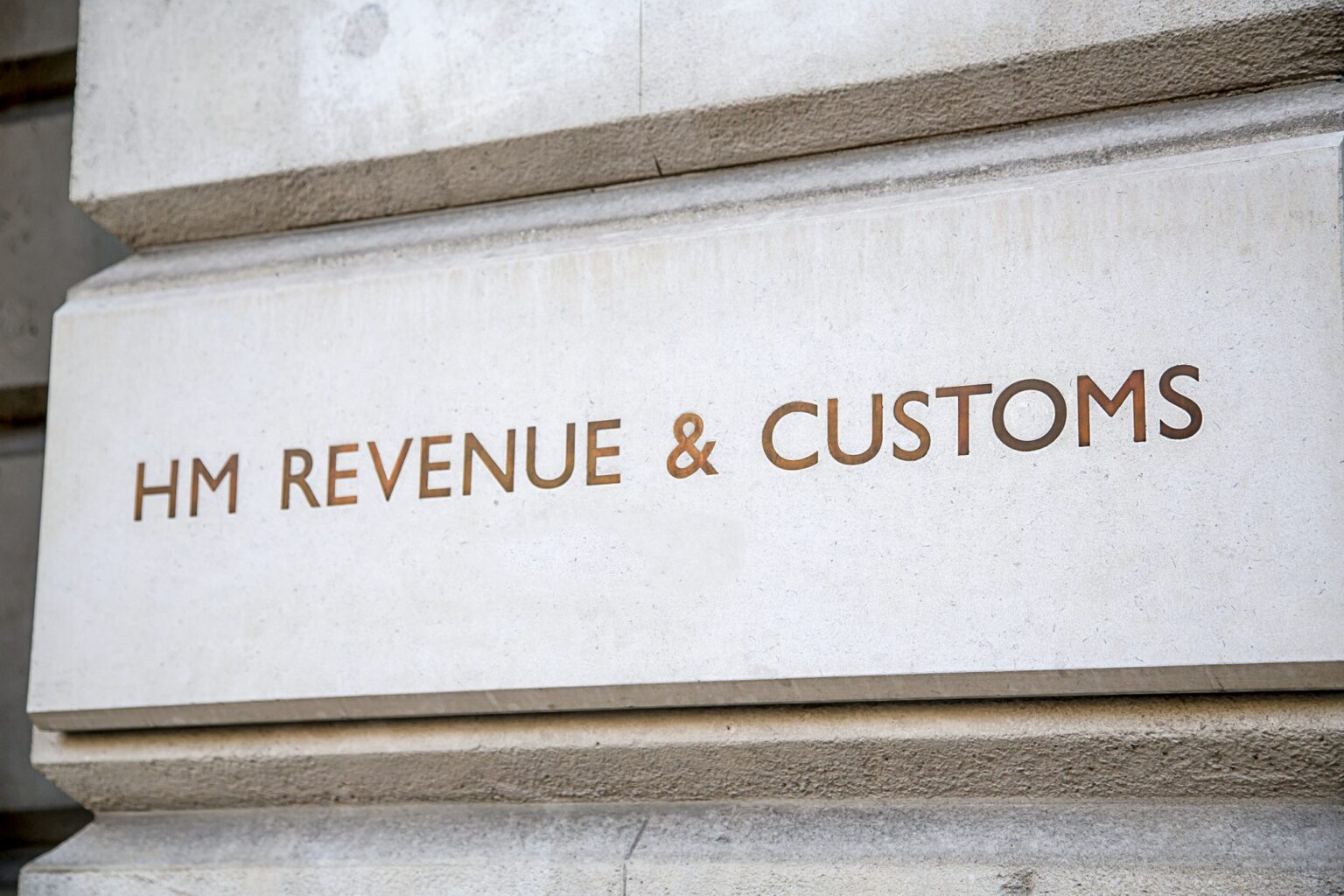With house price growth slowing down and prices even falling in some areas, there is an argument that it is a buyer’s market for buy to let investors. Changes to Capital Gains Tax (CGT) could fuel property changing hands between landlords.
In the Autumn Budget of 2018, Chancellor Philip Hammond announced the abolition of lettings tax relief from April 2020.
The rules in particular, could impact on ‘accidental landlords’, those who once lived in a property and then decided to rent it out.
The sale of a former residence which has latterly been let out, may be liable for Capital Gains Tax, if the property is worth more at sale than when purchased. Until April 2020, up to £40,000 of letting relief may apply. This relief has the benefit of potentially reducing the amount CGT is charged on.
This relief is currently worth up to £11,200 of CGT savings.
After April 2020, this lettings relief is being withdrawn, except to those who occupy the property with a tenant.
This is naturally a bitter pill to swallow – and could prompt those landlords affected, who had plans to sell in the next couple of years, to do so before the April 2020 deadline.
Tax is of course complicated. It is vital not to make a knee-jerk decision, prior to consulting with a tax professional, because the financial implications may or may not be significant.
In November 2018, Victoria Whitlock wrote on the Homes and Property website:
“Lots of accidental landlords, especially those who’ve seen their properties increase in value, will now be planning to kick out their tenants to move back into the properties themselves, or to sell them before April 2020.”
Whether a lot decide to sell, or more likely a modest number, affordability is still a huge challenge for some prospective buyers. Other landlords may benefit from the opportunity to buy properties already set up as rentals, from anyone looking to sell.
Further CGT changes
The rules around CGT will also put a greater urgency on landlord payment of such liabilities from April 2020.
At present, landlords who sell a rental property and make a capital gain, have until January 31st in the year after the tax year they made the sale, in which to pay their bill.
So, for example, if an individual made a taxable capital gain from a property sale in May of 2018, they would not have to pay this tax liability until January 31st 2020.
From April 2020, a CGT bill on the sale of a residential property, by a landlord, will have to be settled within 30 days of the completion of the disposal.
The clock is ticking and at the time of writing, there are just over twelve months until the above changes in CGT. Landlords need to be aware of how these changes could affect them and if in any doubt, speak to a tax specialist.
For some, there may be more opportunity to buy.
Andrew Turner is the chief executive at specialist buy to let broker Commercial Trust Limited.









